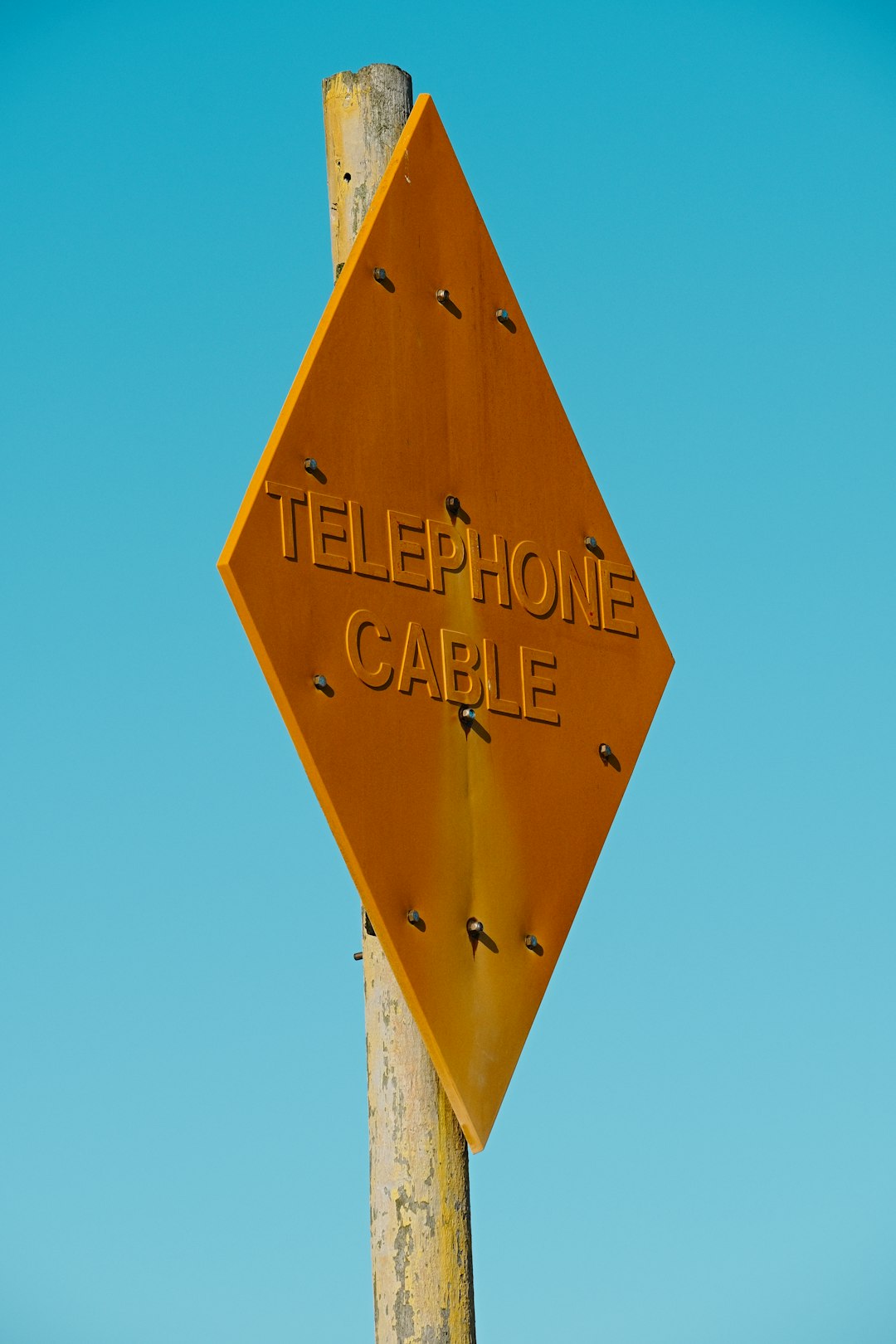In Delaware, strict Do Not Call laws protect residents from aggressive debt collection tactics by limiting communication from agencies and law firms. Consumers can register on the state's official "Do Not Call" list to prevent automated or live calls. Key regulations include the Fair Debt Collection Practices Act (FDCPA) and Delaware Consumer Credit Code, which govern communication methods. Debtors have rights to request validation, stop communication, and ask for cease-and-desist letters. Debt collectors must strictly adhere to "Do Not Call" rules, facing fines and legal action for violations, especially when contacting law firms for consumer debt collection in Delaware.
In the state of Delaware, debt collector communication is subject to stringent regulations designed to protect consumers. This article explores the intricate details of the Do Not Call Law for Debt Collectors in Delaware, delving into legal frameworks and practices that govern their interactions with debtors. We’ll outline what both debt collectors and individuals facing debt should know about these rules, emphasizing compliance to avoid penalties. By understanding these guidelines, individuals can navigate debt collection processes with confidence while ensuring their rights are respected under the law.
Understanding Delaware's Do Not Call Law for Debt Collectors

In Delaware, debt collectors must adhere to the state’s strict Do Not Call laws, which are designed to protect consumers from relentless and unwanted communication. These laws are a crucial aspect of consumer protection legislation, ensuring that individuals have control over their privacy and personal information. The Do Not Call Law specifically prohibits debt collection agencies and law firms specializing in debt collection from making telephone calls to residents who have registered on the state’s official “Do Not Call” list.
Delaware residents can register their phone numbers by visiting the Delaware Division of Consumer Protection website, enabling them to prevent automated or prerecorded calls, as well as live call centers from debt collectors. This law empowers citizens to take a proactive step towards managing their financial privacy and curtailing persistent debt collection efforts. By following this regulation, both consumers and debt collectors can ensure a more harmonious and respectful interaction regarding debt recovery processes.
Legal Framework and Regulations Governing Debt Collection Practices

In Delaware, debt collection practices are regulated by a robust legal framework designed to protect consumers from aggressive or unfair tactics. The Delaware Attorney General’s Office plays a pivotal role in enforcing these rules, ensuring that debt collectors adhere to ethical standards. The state has specific guidelines regarding communication methods, particularly emphasizing the “Do Not Call” rule, which prohibits collectors from contacting law firms or individuals at inconvenient times without prior consent.
Key regulations include the Fair Debt Collection Practices Act (FDCPA) and the Delaware Consumer Credit Code, which outline permissible collection activities and consumer rights. These laws restrict the frequency of contacts, mandate clear and concise communication, and prohibit false or deceptive statements. Compliance with these rules is vital for debt collectors operating in Delaware to maintain legal integrity and foster a transparent debt recovery process.
What Debtors Need to Know About Communication Rules

Debtors in Delaware have specific rights and protections when it comes to communication with debt collectors. One crucial rule is that debt collectors cannot call law firms or represent themselves as attorneys. This restriction aims to prevent deceptive practices and ensure debtors are treated fairly during collection efforts.
When interacting with debt collectors, individuals should be aware of their rights to request validation of the debt, obtain a written agreement, and stop communication at any time. Debtors can also ask for the collector to cease contacting them via phone, mail, or email, especially if they feel harassed or intimidated. Understanding these communication rules is essential for protecting one’s rights and navigating the process effectively.
Enforcement and Penalties: Ensuring Compliance in Delaware

In Delaware, debt collectors must adhere to strict communication guidelines as mandated by state and federal laws. The primary rule is the “Do Not Call” regulation, which specifically prohibits contacting law firms or employees of such firms for consumer debt collection purposes. Violations can lead to severe penalties, including fines and legal action. Debt collectors found guilty of harassing calls to law offices or misrepresenting themselves could face substantial monetary penalties and damage their professional reputation.
To ensure compliance, debt collection agencies must obtain proper authorization before contacting any individual or entity associated with a legal practice. This includes understanding and respecting the “Do Not Call” requests from consumers. Regular training and monitoring of staff are essential to maintain ethical practices. Debt collectors in Delaware should focus on alternative communication methods, such as certified mail or email, to stay within legal boundaries and avoid potential penalties.






